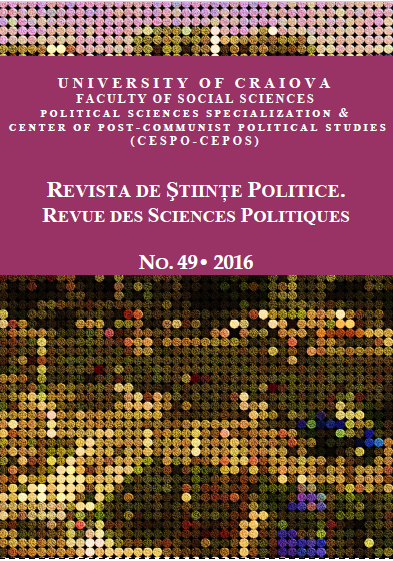Online Citizens’ (De)legitimation of Turkey's EU Membership
Online Citizens’ (De)legitimation of Turkey's EU Membership
Author(s): Camelia-Mihaela CmeciuSubject(s): Evaluation research, EU-Accession / EU-DEvelopment
Published by: Editura Universitaria Craiova
Keywords: European Union; Turkey; members; recipients; communication strategies;
Summary/Abstract: The purpose of this article is to analyze the EU and non-EU citizens' communication strategies of (de)legitimating Turkey as a EU member. To achieve this goal, this study will use the content analysis of 110 comments made by citizens on the Debating Europe Schools in France strand on the Debating Europe platform. Designed to increase citizens' online participation into EU issues, the Debating Europe platform, launched in 2011, may be associated with a transnational communicative space because it facilitates a dialogue between policy-makers and (EU) citizens. Using QDA miner and WordStat, as computer assisted qualitative data analysis softwares, we will interpret the policy-makers’ and citizens’ comments taking into account three types of codes: (de)legitimation participants, (de)legitimation recipients, (de)legitimation communication strategies. The findings of this study were the following: a salience of debate participants who delegitimated Turkey and EU institutions; a dominance of the delegitimation strategy of ‘blame shifting’ attributed more to the EU than to Turkey; the use of keywords which have a bias meaning depending on the type of communication strategy with which they cluster together.
Journal: Revista de Științe Politice. Revue des Sciences Politiques
- Issue Year: 2016
- Issue No: 49
- Page Range: 130-143
- Page Count: 14
- Language: English

